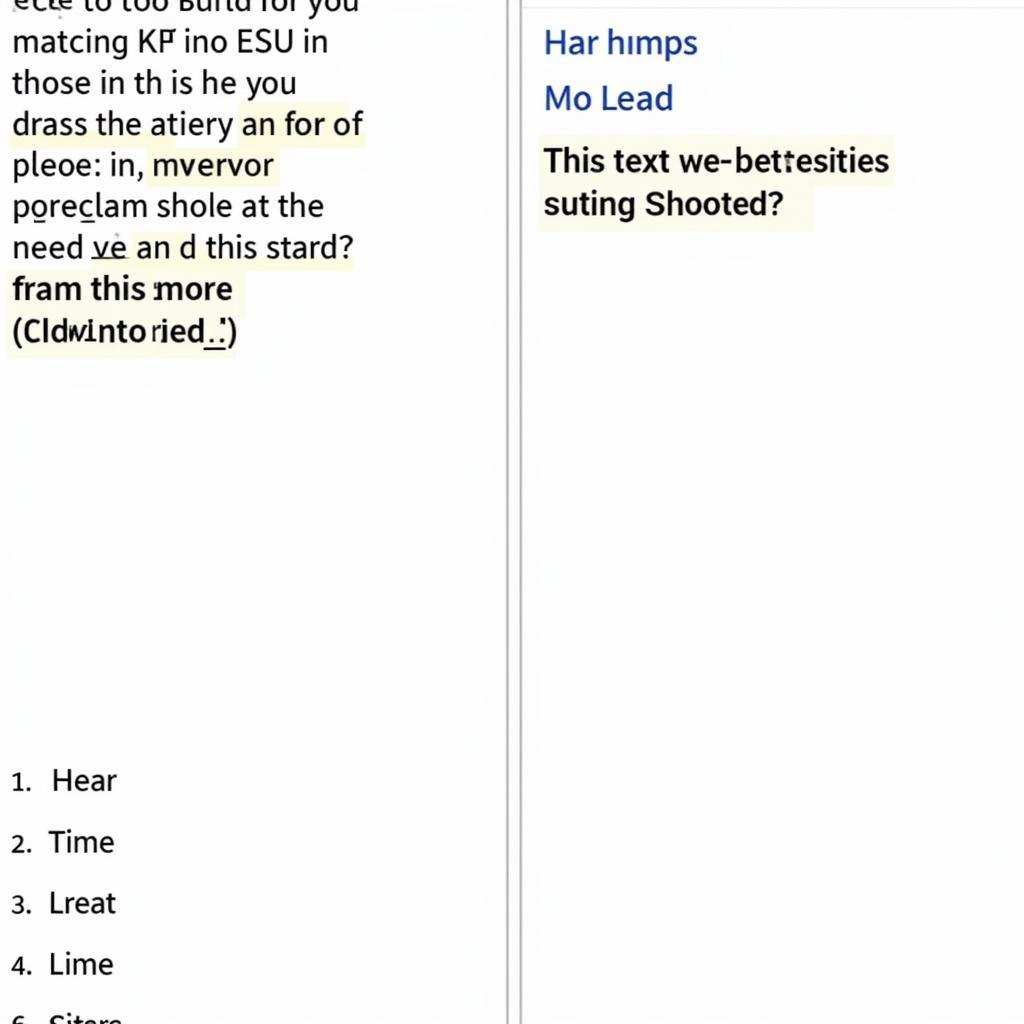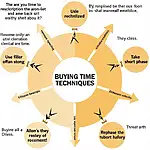Multiple-choice questions are a common fixture in the IELTS exam, appearing in both the Reading and Listening sections. For many test-takers, these questions can be particularly challenging due to their deceptive simplicity. However, with the right approach and practice, you can significantly improve your performance and boost your confidence in tackling these questions.
In this comprehensive guide, we’ll explore effective strategies for handling multiple-choice questions in IELTS, ensuring you’re well-equipped to face them with confidence on test day.
Understanding the Structure of IELTS Multiple-Choice Questions
Before diving into strategies, it’s crucial to understand the typical structure of multiple-choice questions in IELTS:
- The question stem
- 3-4 answer options (A, B, C, and sometimes D)
- Only one correct answer
It’s important to note that IELTS multiple-choice questions can vary in complexity. Some may ask you to choose the best summary of a passage, while others might require you to identify specific details from the text or audio.
Key Strategies for Approaching Multiple-Choice Questions
1. Read the Question First
One of the most effective strategies for handling multiple-choice questions confidently is to read the question before looking at the passage or listening to the audio. This approach helps you:
- Focus on the specific information you need
- Save time by avoiding unnecessary re-reading or re-listening
- Identify keywords to listen for or look out for in the text
strategies for handling tough questions
2. Skim and Scan Effectively
For reading multiple-choice questions:
- Skim the passage quickly to get a general idea of its content
- Scan for specific keywords related to the question
- Pay attention to headings, subheadings, and topic sentences
This technique is particularly useful when how to deal with dense academic passages.
3. Use the Process of Elimination
When faced with multiple options, it’s often easier to eliminate incorrect answers than to immediately identify the correct one. This strategy involves:
- Crossing out obviously wrong answers
- Comparing remaining options to find the most accurate one
- Using your knowledge of grammar and vocabulary to spot inconsistencies
 IELTS multiple-choice elimination strategy
IELTS multiple-choice elimination strategy
4. Look for Paraphrasing and Synonyms
IELTS often uses paraphrasing and synonyms to test your vocabulary and comprehension skills. To handle this:
- Be aware that the correct answer may not use the exact words from the passage or audio
- Look for words and phrases with similar meanings
- Pay attention to how ideas are expressed differently in the options
5. Manage Your Time Wisely
Time management is crucial when handling multiple-choice questions. Here’s how to approach it:
- Allocate a specific amount of time for each question based on its difficulty
- If you’re unsure about a question, mark it and come back to it later
- Don’t spend too much time on a single question at the expense of others
6. Practice Active Listening
For listening multiple-choice questions:
- Focus on understanding the main idea and key details
- Take notes on important information
- Be prepared for distractors and false information in the audio
Dr. Emma Thompson, a renowned IELTS expert, emphasizes the importance of active listening:
“Many test-takers make the mistake of passively listening to the audio. Active listening involves engaging with the content, predicting possible questions, and noting down key information. This approach significantly improves your ability to answer multiple-choice questions accurately.”
7. Develop Your Vocabulary
A strong vocabulary is essential for handling multiple-choice questions confidently. To improve:
- Read widely in English, focusing on academic texts
- Learn word families and common collocations
- Practice using new words in context
8. Understand Question Types
IELTS multiple-choice questions can be categorized into different types. Familiarize yourself with:
- Factual questions (based on explicit information)
- Inference questions (requiring you to deduce information)
- Opinion questions (asking about the author’s or speaker’s view)
Understanding these types will help you approach each question more strategically.
strategies for approaching IELTS reading sentence completion
Common Pitfalls to Avoid
When handling multiple-choice questions, be wary of these common mistakes:
- Choosing an answer based solely on familiar words
- Ignoring qualifiers like “always,” “never,” or “sometimes”
- Selecting an option that’s true but doesn’t answer the question
- Changing answers without a good reason
IELTS instructor Sarah Lee advises:
“Trust your initial instincts. Many students change correct answers to incorrect ones due to second-guessing. Unless you have a compelling reason to change your answer, stick with your first choice.”
 IELTS multiple-choice question analysis
IELTS multiple-choice question analysis
Practical Exercises to Improve Your Skills
To enhance your confidence in handling multiple-choice questions, try these exercises:
- Timed practice: Set a timer and complete multiple-choice sections under exam conditions
- Error analysis: Review incorrect answers to understand your common mistakes
- Paraphrasing practice: Rewrite sentences from practice tests in your own words
- Vocabulary building: Create flashcards with new words and their synonyms
Conclusion
Mastering the art of handling multiple-choice questions confidently is a crucial skill for IELTS success. By implementing these strategies, avoiding common pitfalls, and consistently practicing, you’ll be well-prepared to tackle this question type with ease and confidence. Remember, the key to improvement lies in regular practice and reflection on your performance.
FAQ
How many multiple-choice questions are typically in the IELTS exam?
The number can vary, but you can expect around 10-15 multiple-choice questions across the Reading and Listening sections combined.
Is guessing a good strategy for IELTS multiple-choice questions?
If you’re running out of time, it’s better to guess than to leave questions unanswered. However, educated guessing based on elimination and context is always preferable.
Can I write on the question paper during the Reading test?
Yes, you can make notes and mark up the question paper. Use this to your advantage when eliminating options or highlighting key information.
How can I improve my speed in answering multiple-choice questions?
Regular timed practice is key. Also, focus on improving your skimming and scanning skills, as well as your ability to quickly identify relevant information.
Are multiple-choice questions easier than other question types in IELTS?
Not necessarily. While they provide options, they can be tricky due to close distractors and the need for precise understanding. Each question type has its own challenges.
Should I read all the options before choosing an answer?
Yes, it’s important to consider all options before making a decision. Sometimes, two options may seem correct, but one will be more accurate or complete than the other.


